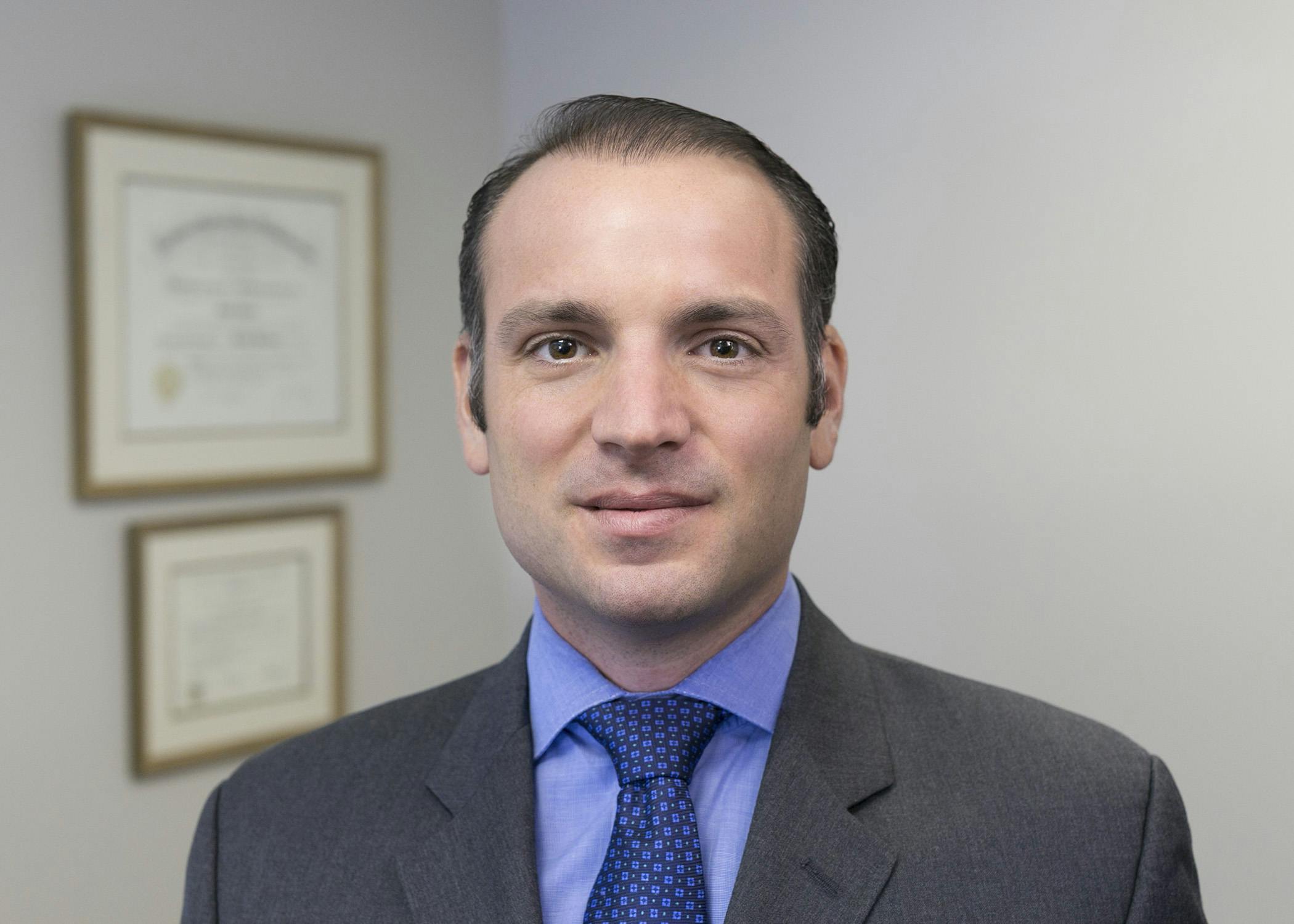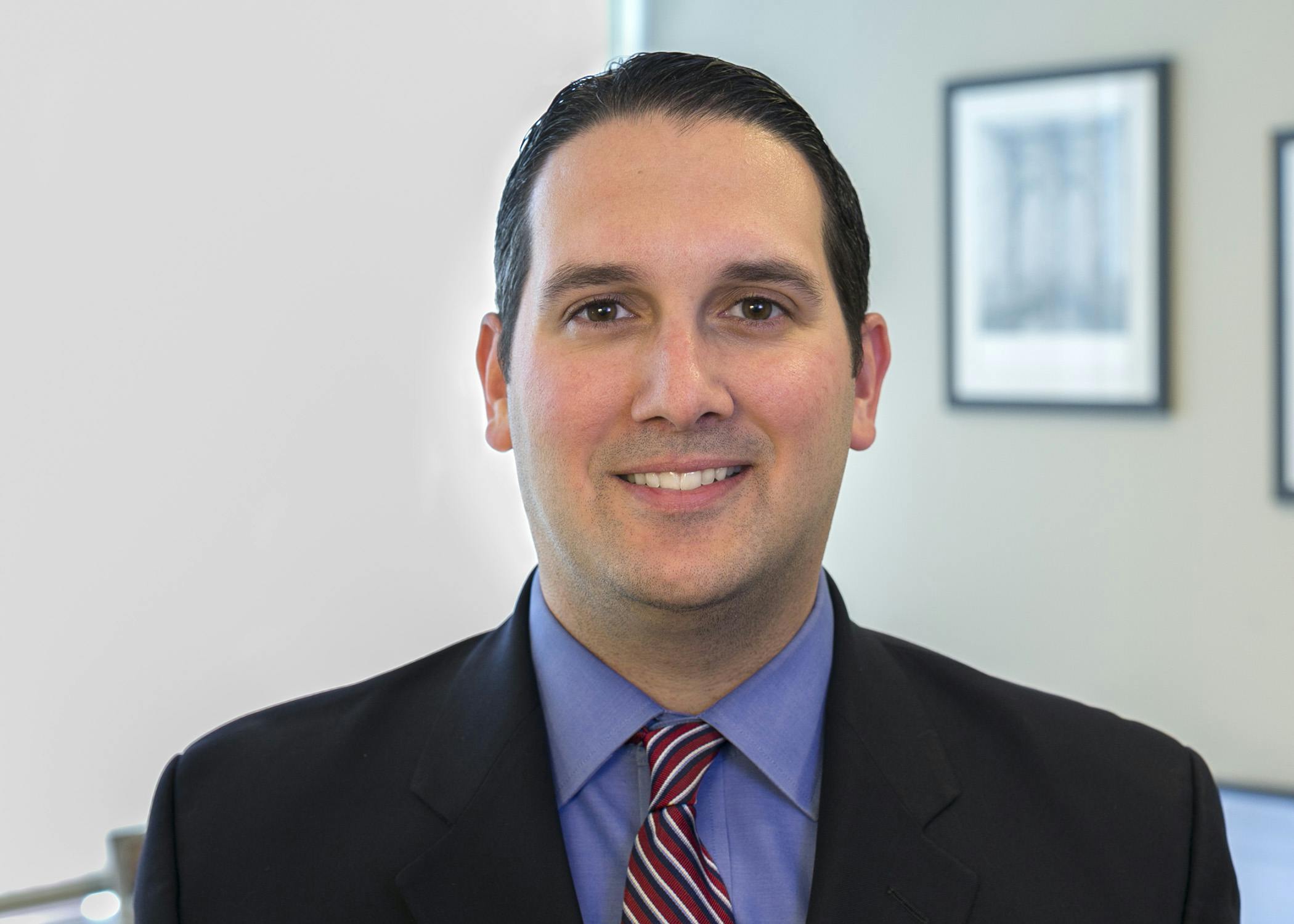Seize opportunities through post-bankruptcy bids
After significant public anticipation, on May 6, 2024, Steward Health Care System LLC and 166 of its affiliates (collectively, Steward) filed for Chapter 11 bankruptcy in the United States Bankruptcy Court for the Southern District of Texas in order to facilitate the sale of most or all of its hospitals. Steward operates over 30 hospitals across Arizona, Arkansas, Florida, Louisiana, Massachusetts, Ohio, Pennsylvania, and Texas and has more than 400 physician practice locations.
Steward’s descent into bankruptcy provides an opportunity for private equity funds, other hospitals, or providers looking to expand their footprint in these markets through the sale process. While the Bankruptcy court has not yet finalized the deadlines, bids for Steward’s hospitals outside of Florida will likely be due around June 25, while bids for Steward’s hospitals in Florida will likely be due around July 26. This timeline will require prospective bidders to be swift in their diligence process. Nixon Peabody’s unique expertise—from regulatory to M&A to bankruptcy—is well suited to help parties navigate Steward’s bankruptcy case for potential buyers, creditors, or other interested parties.
Exiting PE platforms: The good and the bad
In the first quarter of 2024, we’ve already seen a sustained focus by the federal and state governments on the impact of private equity (PE) investment in healthcare. This continues a trend we saw throughout 2023 and dating back to 2022. We expect policymakers and regulators to continue focusing on healthcare transactions, including PE investments in healthcare.
The federal government, including the Department of Justice (DOJ), Federal Trade Commission (FTC), Department of Health and Human Services (HHS), and Centers for Medicare and Medicaid Services (CMS), has very publicly focused on the potential impact that mergers and acquisitions within the healthcare space may have on quality of care, pricing, and competition. The issuance of Merger Guidelines by the DOJ/FTC in 2023, coupled with the start of a cross-government inquiry by the FTC, DOJ, and HHS, underscores the level of attention the federal government is paying this industry. In addition, the FTC announced plans to utilize its authority under the Clayton Act to take enforcement actions against PE arrangements in healthcare that contain what the FTC considers “concerning extractive practice” (e.g., roll-ups of healthcare practices).
On the state level, we continue to see new laws requiring certain healthcare entities (which include PE parties in some states) to provide notice (ranging from 30 to 120 days before closing) of healthcare transactions to state regulators and, in some states, await approval. The applicability of such laws often depends on the value of the transaction. The burden on the parties varies from state to state, with some states requiring substantial information to be made available to the public. Indiana is the latest to join the growing list of states with variations of these healthcare transaction notice laws.
The swift enactment of state laws has confused many about how and to whom these laws apply. Some statutes have ambiguous and undefined terms, leaving parties to potential healthcare transactions waiting for promulgated regulations and/or regulatory guidance for clarity. Policymakers continue to introduce legislation and are becoming more innovative, proposing alternative means of regulating PE investment in healthcare. For example, the Minnesota legislature introduced a bill to enact a moratorium on PE acquisition or ownership of certain healthcare providers this spring.
Despite policymakers acknowledging the value of PE investment in healthcare, federal scrutiny and state oversight show no signs of slowing down. Staying up to date on such actions is imperative to staying compliant, particularly for parties involved in a healthcare transaction, including PE investors in the healthcare space who may be subject to state regulation. Nixon Peabody will continue closely monitoring both federal oversight and the state-by-state evolution of these laws.
Business divorce: Physician practices and management service organizations
The holding period for a private equity firm in a management services organization (MSO) is typically three to five years. The MSO market has matured significantly in recent years, with some private-equity-backed MSOs on to their second (and even third) PE sponsor. In contrast, others have had PE sponsors with significantly longer holding periods. Naturally, certain physician practices will seek to separate from an MSO as relationships sour, personnel changes (at either the practice and/or the MSO), or personal desires shift. Regardless of the reason, there are various challenges in unwinding these relationships.
When a physician practice and an MSO enter into a business relationship, the physician practice typically becomes serviced by the MSO’s shared resources, such as billing systems, administrative staff, and IT infrastructure, taking advantage of the MSO’s economies of scale and resources. Replacing these services can be daunting for a physician in an unwind. Physicians will also need to navigate patient communication and transition protocols to ensure patients are properly informed, have access to uninterrupted care, and care complies with legal and regulatory requirements, including healthcare regulations, contractual obligations, and licensing requirements. Contracts and applicable regulations will need careful review to ensure that any separation is done without breach of contract or violation of law.
Restrictive covenants might also provide an obstacle to unwind. A physician practice (and its physician owners) is typically subject to restrictive covenants in multiple transaction documents, including a purchase agreement, management services agreement, and physician employment agreements. Based on the timing of the business divorce, some or all of these restrictive covenants will likely survive separation.
Expanding use of earnouts in Healthcare M&A transactions
The use of earnouts has significantly expanded in recent years, especially in 2023. Earnouts are contingent payment obligations that become due upon the achievement of certain milestones after the closing of an acquisition, such as reaching a revenue or productivity target. Based on the most recent studies, buyers rely on earnouts on an increasing basis. It’s not a surprise that earnouts can help bridge the gap between the seller’s expectations and the buyer's assessment of a company’s value. They also mitigate the buyer’s risk of paying more than it believes a company is worth and can serve as a source of recovery for losses. In fact, buyers frequently negotiate the right to set off losses against an earnout.
In transactions where the seller receives rollover equity as consideration, mechanisms similar to an earnout can be incorporated into forfeiture provisions for this equity. In other words, if the acquired business fails to hit the applicable target after closing, the seller will forfeit a portion of the rollover equity. The use of these mechanisms is also growing, given today’s M&A environment, where purchasers increasingly incorporate equity consideration into transactions.
Regardless of the form, incorporating an earnout into an acquisition in the healthcare industry has additional complications due to applicable federal and state laws and regulations. For example, an earnout that incentivizes a physician group to increase productivity after closing can be problematic due to the application of fraud and abuse laws. On the other hand, an earnout mechanism can be appropriate to address changes in a practice, such as a target practice’s plan to ramp up a new physician after closing. As a result, the use of an earnout in this context should be carefully vetted, including the business risk the earnout is designed to mitigate and whether the milestone for the earnout is appropriate.
What’s next
Private equity buyers and healthcare businesses must prepare to respond quickly to opportunities created by bankruptcies and business separations, but they must also prepare for regulatory challenges. The agility required to contend with these hurdles can strain operations and incur high costs. Nixon Peabody’s healthcare transaction attorneys can help you comply with current and upcoming regulations, navigate the complexities of the healthcare business landscape, and manage and grow your operations.








